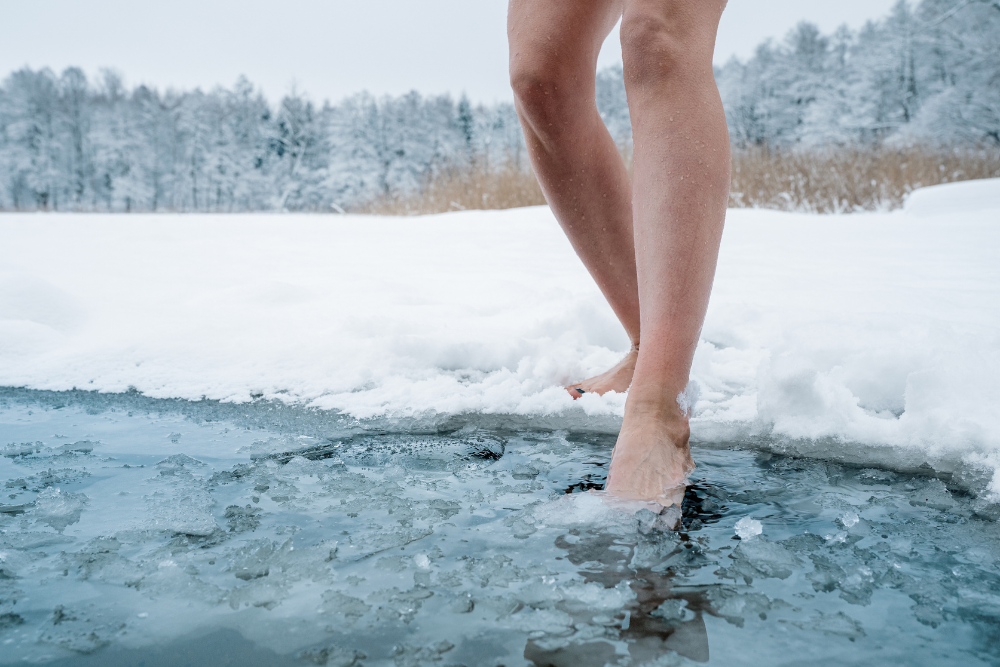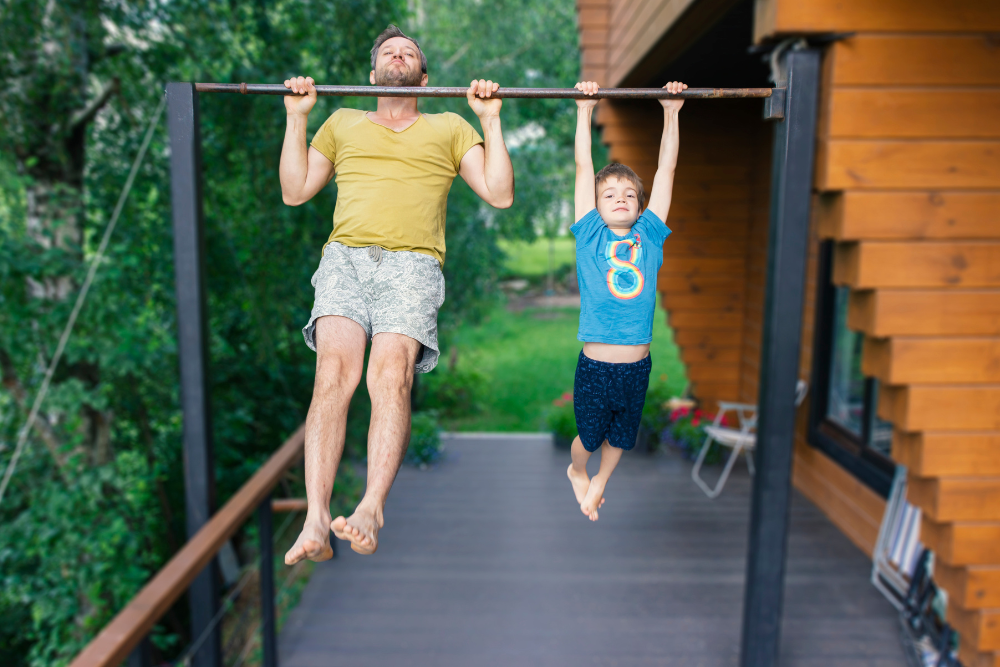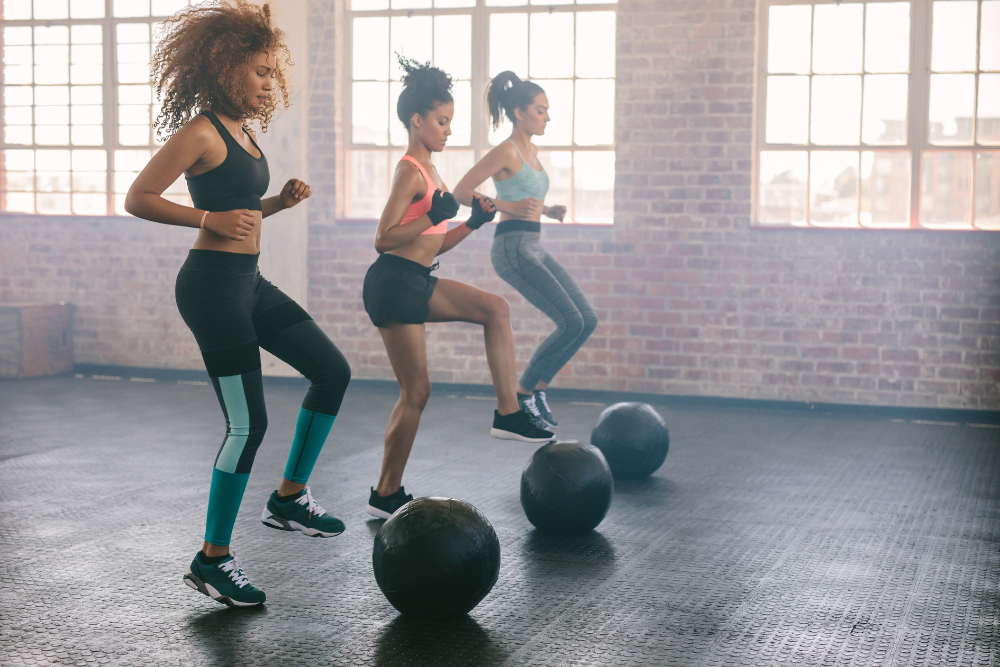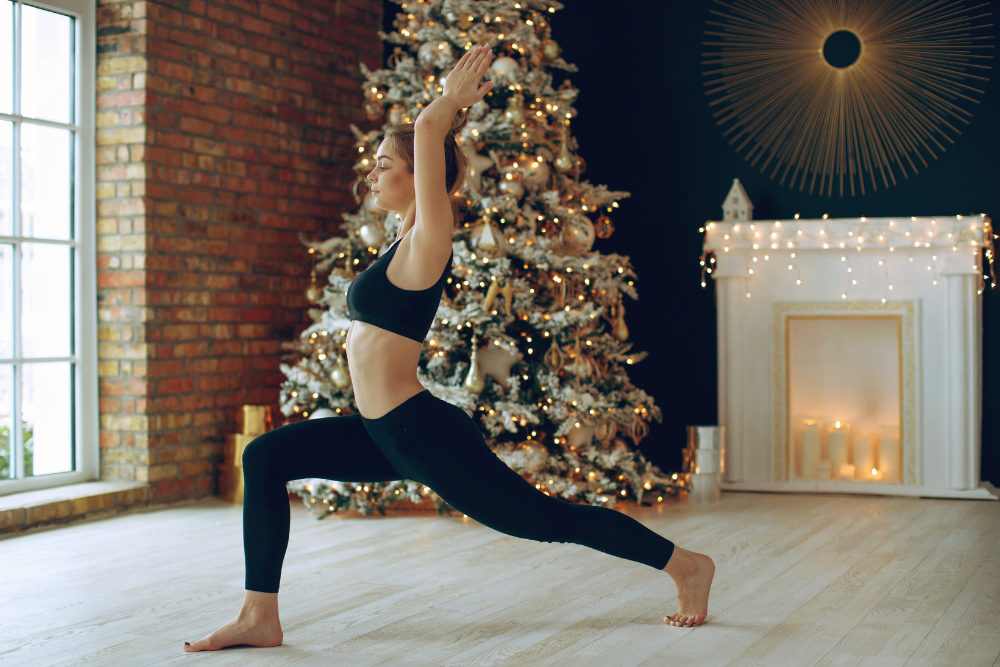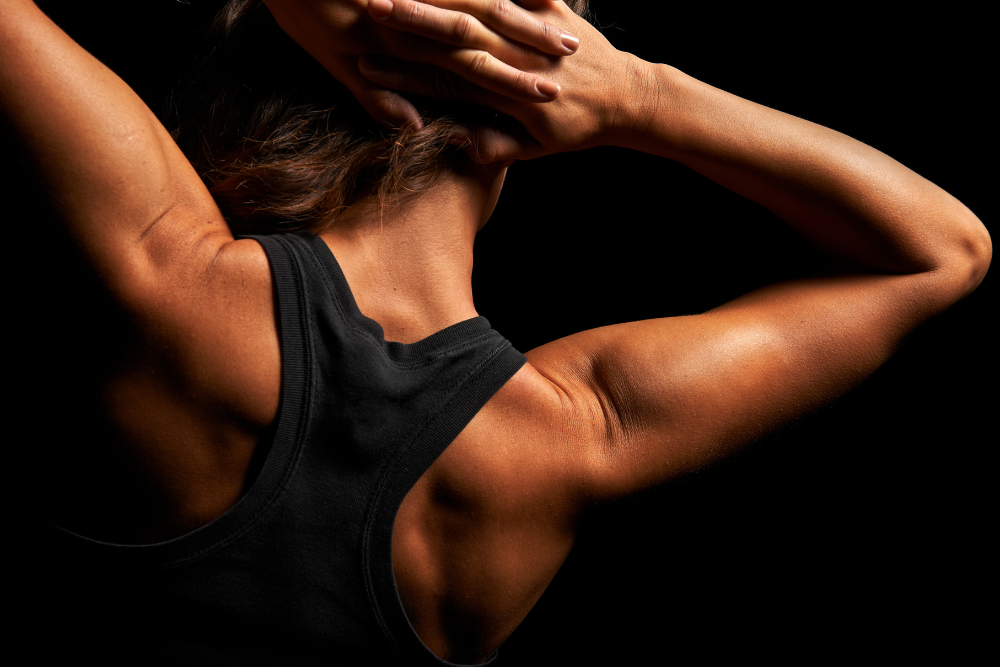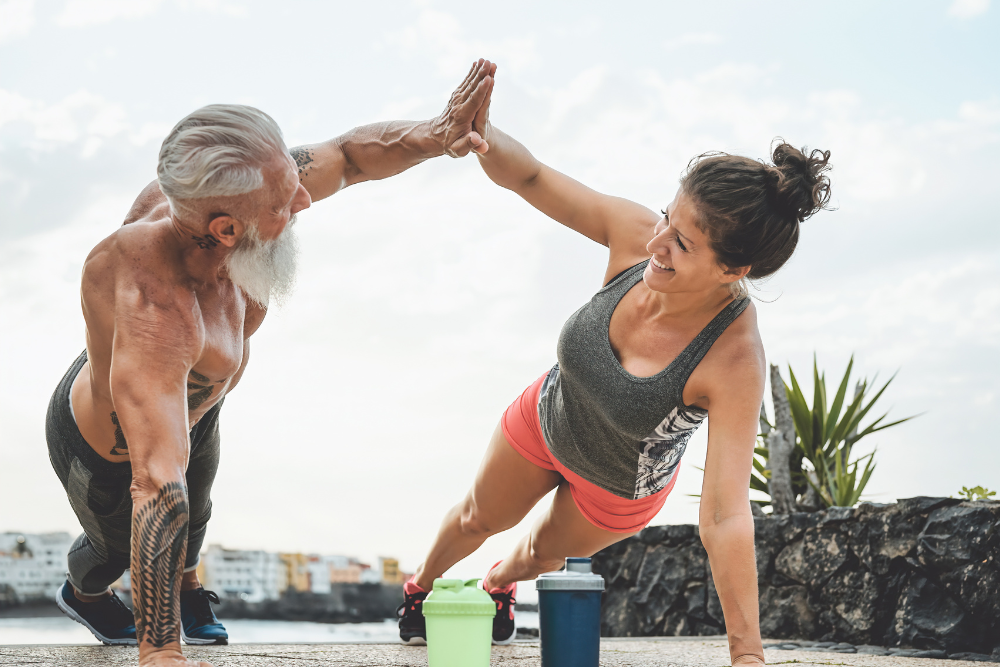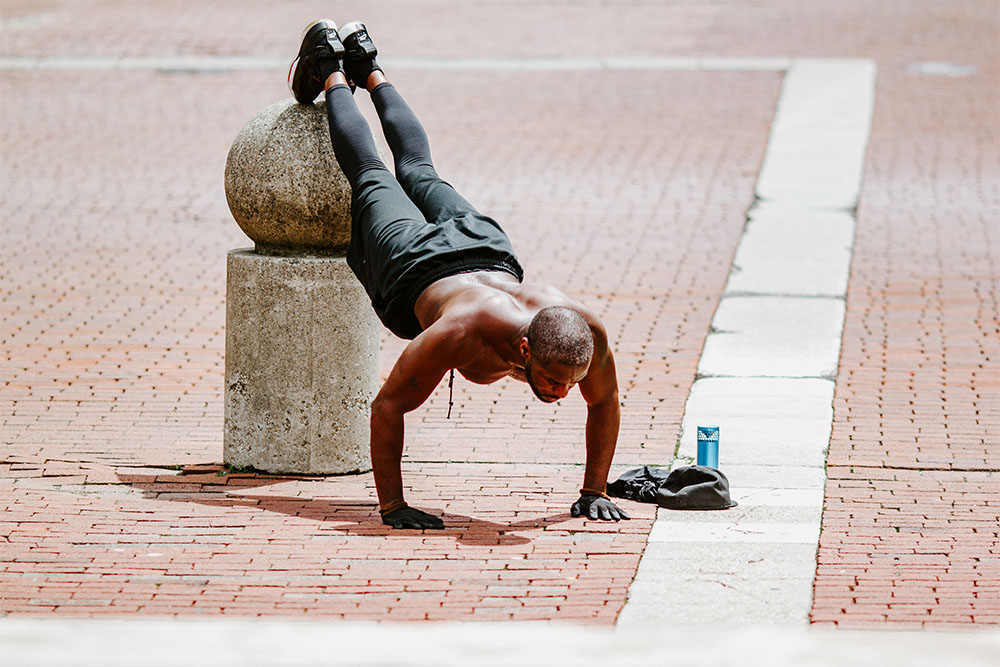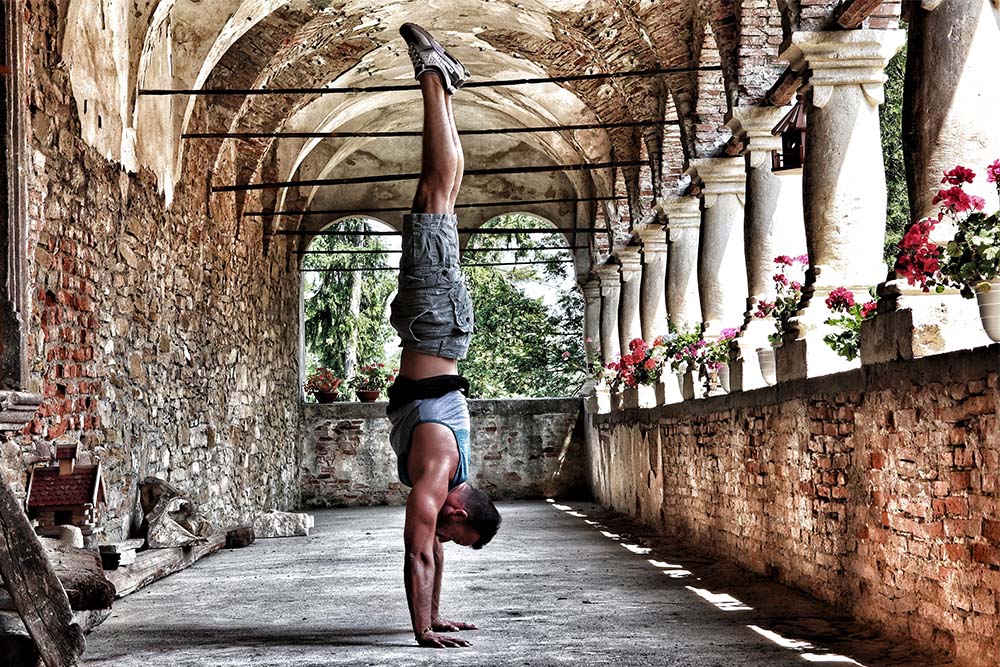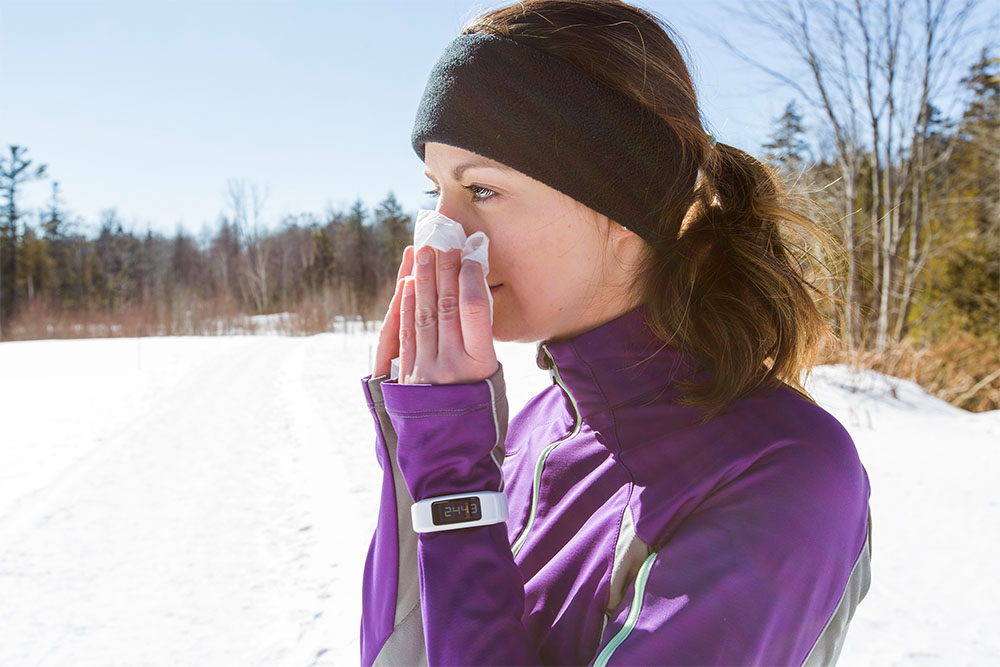Drink, Be Merry…and Exercise!

Julia Basso – PhD
Most of us engage in a drink or two (or three…) every now and then, and ‘tis the season for a cup of holiday cheer. Unfortunately, the holiday season is “one of the most dangerous times of year for alcohol-related accidents and death,” says Dr. Drew Edwards of psychcentral.com. 16.6% of U.S. adults engage in binge drinking, which is equivalent to drinking 4 or 5 drinks or more in a 2-hour period, depending on whether you are male or female, respectively. Though binge drinking is a common practice in college, 70% of binge drinking episodes occur in individuals 26 years of age or older. For those who do binge drink, these incidents tend to occur 4 times per month. Interestingly, binge drinkers who are 65 years of age or older binge drink at a higher frequency; five to six times per month.
Effects of Having a Drink or Two
While drinking can be fun and, at times, rewarding, alcohol has detrimental effects on the brain. Drinking affects both frontal and temporal regions of our brain, regions important for memory, decision-making, and behavioral control (Oscar-Berman & Marinkovic, 2007). As a result, the more we drink, the less able we are to control how much we drink because alcohol actually inhibits the areas of the brain necessary for drinking cessation. Because of the infamous hangover, many of us personally know that drinking harms the brain; other less noticeable things, however, happen beneath the surface.
One major way in which alcohol harms the brain is that drinking kills brain cells. It also decreases rates of neurogenesis or new cell formation in the brain. As a result, the brains of alcoholics often show decreased brain size. Fortunately, the brain self-repairs, and these changes are reversible with time. Researchers have recently revealed that one way to speed up the recovery process is to exercise.
Related Article: Will Exercise Help the Brain Grow: Exercise and Ketones
Binge Drinking and Exercise
One group from the University of Houston exposed rats to a binge drinking experience once a week for 11 weeks (West et al., 2016). Following the binge, rats either remained sedentary or were given the opportunity to exercise for 2 hours for the following 3 consecutive days. After this experience, the behaviors of the rats were tested to see whether exercise counteracted the effects of the alcohol. Compared to the sedentary rats, exercised rats showed more exploratory behavior and a greater level of mobility.
Exercise also prevented an alcohol-induced impairment in recognition memory – or the ability to recognize previously encountered objects. Though binge drinking decreased the amount of new neurons in the hippocampus by 19%, exercise reversed this effect. This work excitingly demonstrated that exercise may help to decrease the damage that alcohol causes both at the behavioral and brain level.
The Relationship between Exercise and Drinking
Consequently, a curious relationship exists between exercising and alcohol consumption. Habitual exercisers tend to consume more alcohol and have greater levels of alcohol-related problems than sedentary individuals (El-Sayed & El-Sayed, 2005). Most likely, this is because both exercise and alcohol stimulate the reward centers of our brain. Hence, people who exercise often report high levels of pleasure from exercising.
The more you exercise, the more you become accustomed to receiving these repeated boosts of reward. Furthermore, habitual exercisers may use alcohol more than sedentary individuals because they are in some sense “addicted” to these pleasurable experiences. Therefore, alcohol can essentially replace the reward they receive from exercise.
Related Article: Endocannabinoids: The Secret to Why Exercise Makes Us Feel So Good
Exercise and Addiction
Interestingly, exercise has been suggested as an alternative treatment for addiction and alcoholism, in particular. In humans, a single bout of exercise decreases cravings or the urge to drink in individuals undergoing treatment for alcoholism (Ussher et al., 2004). Additionally, rodents given the opportunity to exercise and drink alcohol imbibe less than their sedentary counterparts (Ehringer et al., 2009).
Recently, Manthou and colleagues in the Department of Physical Education and Sport Science at the University of Thessaly in Greece conducted a literature review on the role of exercise in the treatment of alcohol-related disorders. They concluded that, “there is certainly early promising evidence for the role of exercise as an adjunctive tool in the treatment of alcohol use disorders” (Manthou et al., 2016).
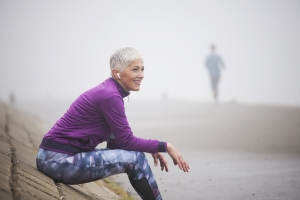 Takeaways
Takeaways
Collectively, this work shows that exercise and alcohol may serve as a reward replacement for one another. Fortunately, the latest research is revealing that exercise helps to protect the brain from the damage that alcohol may cause. Certainly, the scientists behind this work would not encourage you to go out and binge drink over the holidays…but if you do go overboard, know that exercising will help to heal the damage that was done.
Related Article: 8 Ways to Prevent Weight Gain During the Holidays
References:
Centers for Disease Control and Prevention (2015). Alcohol and Public Health: Binge Drinking. http://www.cdc.gov/alcohol/fact-sheets/binge-drinking.htm.
Edwards, D.W. (2016). Holiday Drinking: Keep it safe. http://psychcentral.com/lib/holiday-drinking-keep-it-safe/
Ehringer, M. A., Hoft, N. R., & Zunhammer, M. (2009). Reduced alcohol consumption in mice with access to a running wheel. Alcohol, 43(6), 443-452.
El-Sayed, M. S., Ali, N., & Ali, Z. E. S. (2005). Interaction between alcohol and exercise. Sports Medicine, 35(3), 257-269.
Manthou, E., Georgakouli, K., Fatouros, I. G., Gianoulakis, C., Theodorakis, Y., & Jamurtas, A. Z. (2016). Role of exercise in the treatment of alcohol use disorders (Review). Biomedical reports, 4(5), 535-545.
Oscar-Berman, M., & Marinković, K. (2007). Alcohol: effects on neurobehavioral functions and the brain. Neuropsychology review, 17(3), 239-257.
Ussher, M., Sampuran, A. K., Doshi, R., West, R., & Drummond, D. C. (2004). Acute effect of a brief bout of exercise on alcohol urges. Addiction, 99(12), 1542-1547.
West, R., Wooden, J.I., Barton, A., Leasure, J.L. (2016). Interactive effects of weekly binge alcohol and exercise on the female brain. Abstract presented at the annual Society for Neuroscience Meeting: San Diego, CA.
You Might Like:

